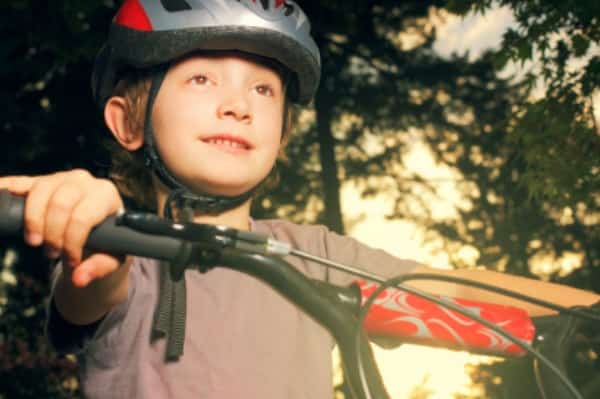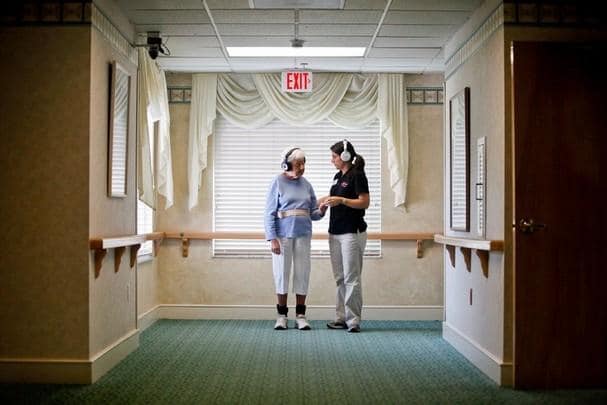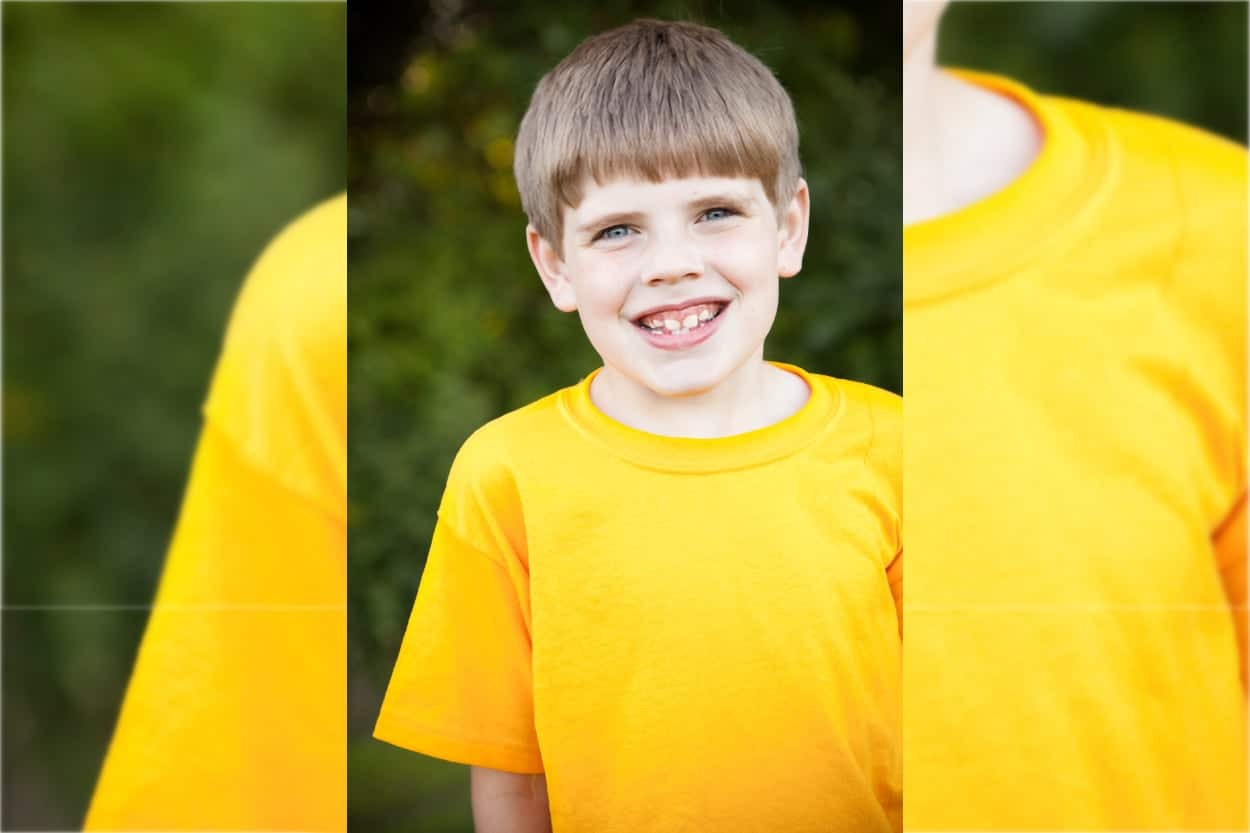Interactive Metronome Testimonials
Filter Your Results
I am currently working with a little 7 year old boy who has a developmental coordination disorder. When you observe him, you notice things that are subtly different from his same aged peers. His body movements are somewhat awkward and he has a hard time figuring out how to move his body through space. He can’t skip or perform a jumping jack and riding a bicycle is difficult for him. His fine motor skills are also affected and it’s difficult for him to have a steady hand when building with blocks or printing his letters.
Several years ago, I met a 9-year-old boy named “Raymond”, who had recently been diagnosed with Aspergers Syndrome. He was very bright and got A’s in classes like math and history. Raymond knew a lot about video games and video game systems, and was willing to tell you every detail about them. He also confided in me that he had no friends and that kids laughed at him and turned the other way when he came over to them. The reason that he came to me was that his handwriting was illegible and very slow. And during his OT evaluation, I discovered that his coordination was well below age level (much more like a 4 year old) and that he had weakness throughout his body. I also noticed that his focus and concentration was very poor for non-preferred topics.
A senior community is taking advantage of IM by incorporating it to different therapy sessions for its residents. Read how Marjorie Treadwell refuses to succumb to a fate that has disabled many of her friends and neighbors.
Kelly Buggle suffered a TBI from a car accident when she was a senior in high school. Her injuries included upper body trauma, fracture of both arms, broken vertebrates, cracked ribs, and the list went on. Because Kelly had so many physical injuries her TBI went unnoticed at first. Once Kelly recovered physically he family and friends started to notice that she couldn’t identify simple objects like a “microwave.” Prior to the accident Kelly was at the top of her math class and afterwards she couldn’t even do simple addition. In addition she couldn’t comprehend what others were saying to her and felt hopeless…watch her video testimonial…
Children who are on the Autism Spectrum generally have great difficulty with their social skills. They don’t know when or how to interact with others. Following conversations is very difficult for them as is giving eye contact. It seems that they are sometimes “Out of Sync” with their environment and the people who are in it.
Some children with cerebral palsy have great difficulty with coordination and timing. They may have difficulty with their fine motor skills, catching a ball or walking smoothly. While practice of skills is definitely necessary, I think we are learning to go a step further to address the underlying issues of timing and coordination with the Interactive Metronome program.
Children who have a Traumatic Brain Injury typically go through a course of rehabilitation. It seems that although there are clusters of similarities in these patients, there are rarely ever 2 that exhibit the exact same difficulties after their injury. I met a 7 year old who had fallen off of a truck, and had suffered a TBI. He required surgery to repair a hole in his skull from the fall. This little guy received OT, PT and speech for a year in an intensive program and did very well. One year post his accident, he was demonstrating great recovery in every area – walking with no support or braces, cognitively intact and able to complete 1st grade work without assistance, speaking clearly and without difficulty. His last resulting effect was a left hemiplegia. His left arm dangled from his side and was non functional. This was very frustrating to him and to his family.







